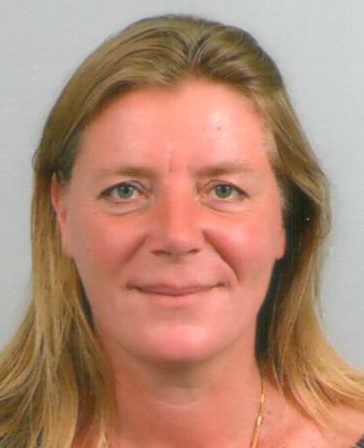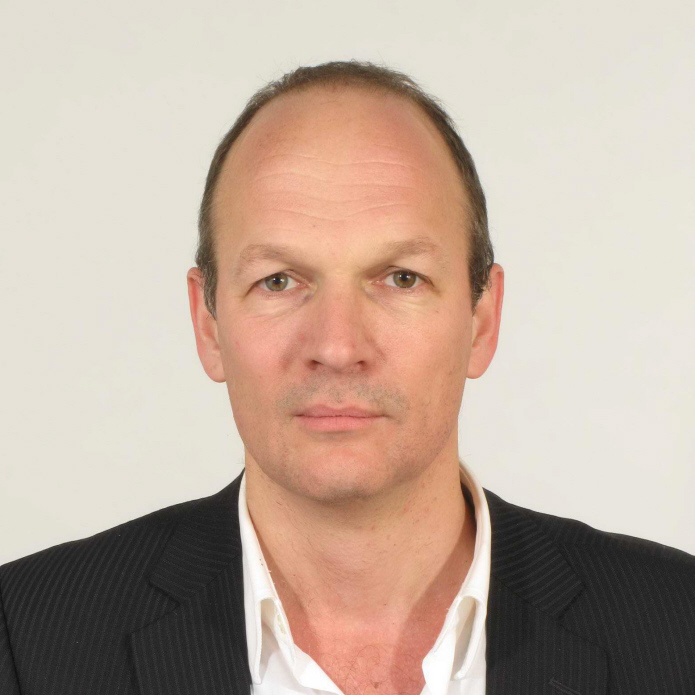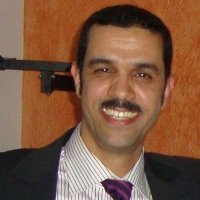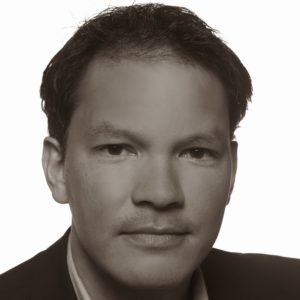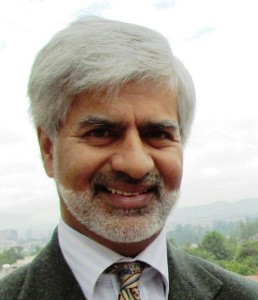Course Introduction:
How can local governments improve security in conflict-affected areas? What challenges affect the local government’s ability to promote the rule of law? And how will conducting a thorough conflict and security assessment help ensure stability at the local level? In partnership with Transition International, this course will teach you about the underlying principles of community security and how best to apply its basic components.
Conflict and its myriad forms — interstate war, intrastate rebellion, armed militia’s destabilizing a region, violent extremism or social exclusion — affect all, especially at the local level. Understanding the root causes and drivers of conflict is one of several steps necessary to ensure local security.
In this training, you will gain specific knowledge, tailored approaches and practical tools to help you conduct a thorough conflict and security analyses. International experts will guide the discussion to impart a better understanding of how stakeholders at the different levels of government can promote positive conflict transformation.
Specific attention will be given to the concept of community security and its underlying principles. Using a diverse set of case studies, along with interactive workshop sessions and a simulation exercise, you will learn how to develop and implement a security plan.
Security at the local level can only be reached with an integrated approach focusing on immediate quick-wins and sustainable long-term solutions. Not only the security and justice sector, but all actors at the different governance layers play an essential role in achieving this goal. The course will take place in The Hague from 29 October thru 9 November 2018.
Key Information
- This training will be organized in cooperation with Transition International.
- The training will take place from 29 October – 9 November 2018.
- The application deadline is 10 September 2018.
- Group discounts are available if you participate with three or more colleagues.
- For general inquiries, please contact info@thehagueacademy.com or call +(31) 70 37 38 695.
Learning Objectives
The course will help you:
- understand the root causes and dynamics of conflict;
- increase knowledge of the different approaches and tools for conflict mapping and conduct a conflict analysis;
- gain more insight into the roles of different governmental, security and judicial institutions in conflict transformation and restoring security;
- Reflect critically on the general notions of Rule of Law, its dilemmas and its implementation at the local level;
- understand the need for comprehensive security programming and community-driven approaches to reintegration, prevention of violent extremism, local economic development and social cohesion;
- apply the lessons learnt in the simulation exercise.
After successful completion of the course, you will receive a certificate from The Hague Academy for Local Governance.
Intended Audience
Professionals from government agencies, civil society, and non-governmental organisations, as well as international institutions, who have been working directly with or on issues related to conflict-affected areas.
Experts and Experience
Contributions to this course come from renowned experts and practitioners with extensive experience in the field of the rule of law and local security in conflict-affected settings. Case studies will focus on multiple contexts including, but not limited, to Bosnia and Herzegovina, South Sudan, Syria, Indonesia and Kenya.
A field visit to the International Criminal Court will complement the curriculum and challenge your thinking of how the rule of law should restore local security. Using a simulation exercise, you will apply the knowledge and skills acquired during the training to develop a thorough local security plan.
Irma Specht
As director of Transition International, Irma supports social and economic development in transition processes, with a special focus on vulnerable groups and gender. She has a broad international experience in vocational and business training, labour market analyses, small business set-up and private sector development.
Brianne McGonigle Leyh
Brianne is an Associate Professor with Utrecht University’s Netherlands Institute of Human Rights where she specializes in human rights, transitional justice, victims’ rights, and international criminal law and procedure. She is an Executive Editor of the Netherlands Quarterly of Human Rights, a member of the Utrecht Young Academy, and Senior Counsel with the Public International Law & Policy Group (PILPG). In 2011 she obtained her PhD from Utrecht University where she wrote her award-winning dissertation on victim participation in international criminal proceedings.
Chris van der Borgh
Chris is an assistant professor at the Centre for Conflict Studies at Utrecht University in the Netherlands. He specializes in conflict analysis, political development and international conflict resolution and peacebuilding. His recent research deals with the contentious processes of international intervention and post-war reconstruction. He has extensive field experience both as a practitioner and a scholar.
Dion van den Berg
Dion works as a senior policy advisor at Pax for Peace. His expertise concerns the promotion of interreligious dialogue, democratisation and peace activities notably in Srebrenica, Ukraine, Syria, Congo an South Sudan. Dion is a committed activist and outspoken advocate for peace who links everyday problems in towns and villages to the conflicts in faraway places. He has two principal fields of interest: democratisation and consolidation of peace, and religion and conflict. As a peace professional, he has worked with numerous municipalities and has written several publications about municipal peace policies.
Habib El Mrabt
Habib is an expert on extremist movements and community reintegration. He has designed different national and local programmes of reintegration and prevention in Iraq, Libya, Syria and Jordan. In addition to his extensive rehabilitation experience with former fighters and children in detention, Habib has led dialogues involving extremist groups, states, international organisations, tribal elders and religious leaders throughout the MENA region. Habib El Mrabt has a Master’s degree in International Relations and Public Law. He is a native Arabic-speaker, Islamic scholar and fluent in English and French.
Pall A Davidsson
Pall is an expert in peacebuilding and conflict resolution through security and justice reform. He has more than a decade of international experience in capacity building programmes for justice and security institutions notably in Africa and Eastern Europe where he has lived and worked. Recently, he led the peacekeeping efforts of eleven UN agencies to develop a Joint United Nations Programme to move Darfur from protracted crisis to development through comprehensive support for the rule of law. Pall also has experience with UNDP, UN Global Focal Point for Police, Justice and Corrections and the World Bank.
Fulco van Deventer
Fulco is the deputy director of the Human Security Collective. In the last 10 years, he has focused mainly on civil society actors in conflict areas and fragile states and their role in conflict prevention and countering violent extremism. Fulco has experience as a consultant on governmental reform in the Caribbean Island States and on post-war reconstruction in Lebanon. He has also worked with a large variety of civil society organizations in Vietnam, India, Colombia, Guatemala, West-Africa and in the Middle East where he focused on building institutional capacity.
Lyal Sunga
Lyal is a well-known specialist on international human rights law, international humanitarian law and international criminal law. He formerly served as the Head of the Rule of Law program at The Hague Institute for Global Justice in The Netherlands, and a former Special Advisor on Human Rights and Humanitarian Law at IDLO in Rome. Over the last 25 years, Dr. Sunga has worked with the UN Security Council, UNOHCHR and UNDP, to name a few.
Practical Information
The course fee is € 3.150,-. This includes all training-related costs, as well as drinks, lunches, training materials and travel during the training programme. Travel to and from The Hague and accommodation is not included. Group discounts are available if you participate with three or more colleagues in this course. Email us for more information. The course language is English.
For questions or more information about this course, please direct your inquiry to the Programme Manager, Samir Marmouri at info@thehagueacademy.com or call +31(70) 37 38 695.
Application Procedure
Please follow the application procedure using the ‘Learn More’ button below. The deadline to apply for this course is 10 September 2018.

